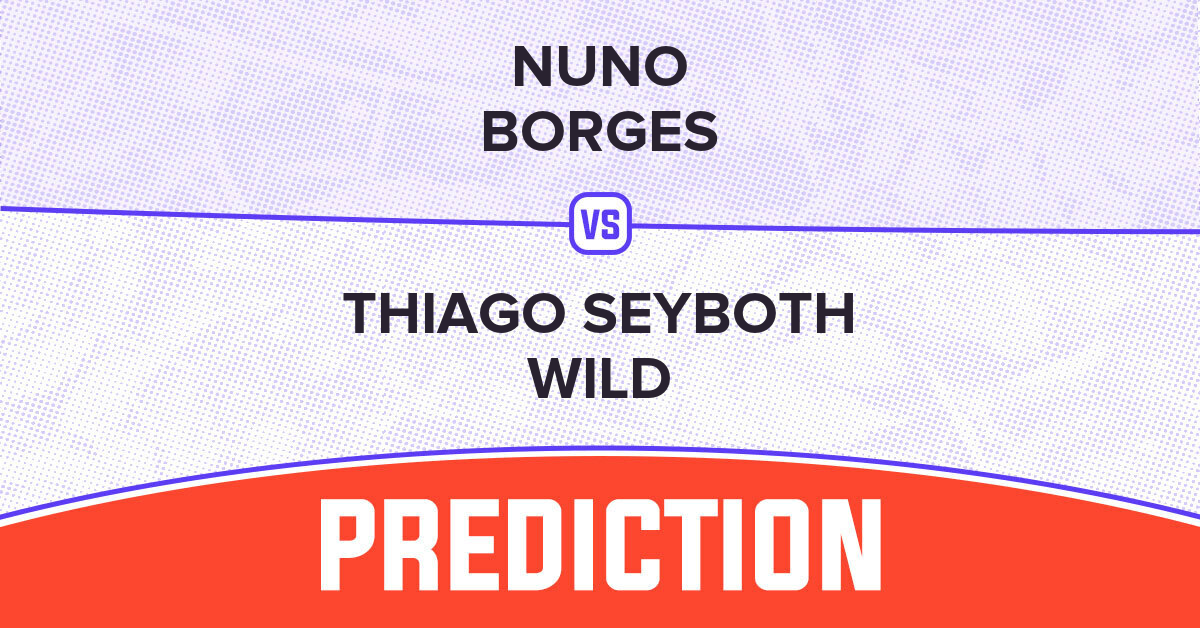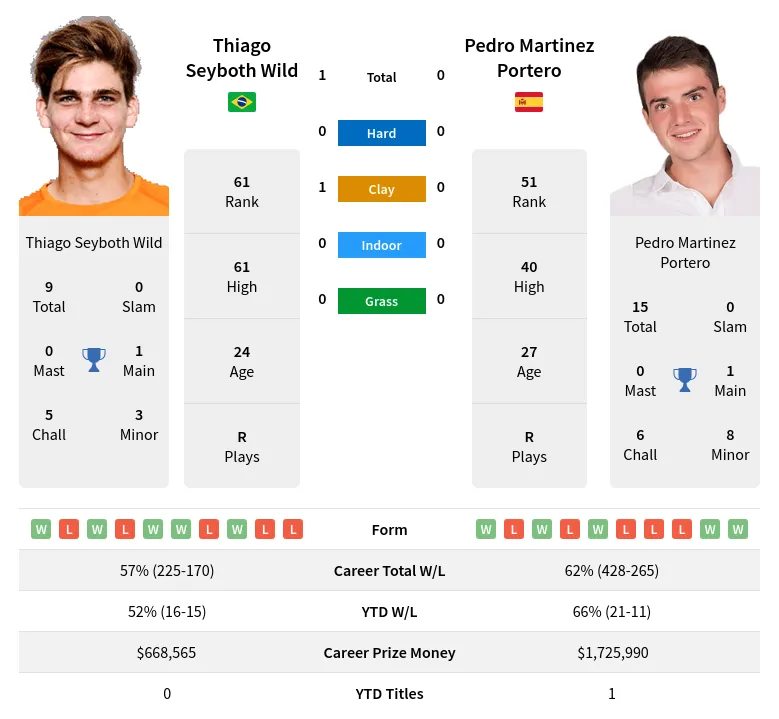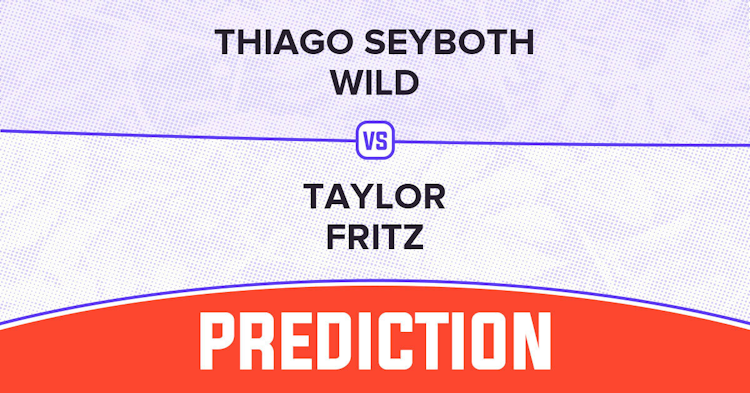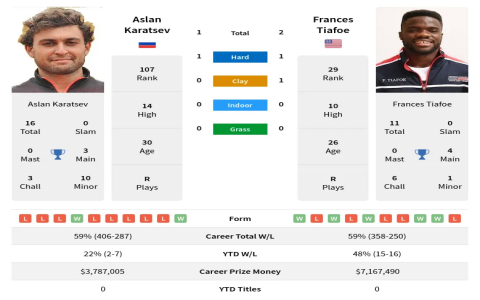Okay, so today I’m spilling the beans on my attempt at a Thiago Seyboth Wild prediction. Buckle up, it’s gonna be a bumpy ride!

It all started when I saw this kid, Thiago, playing a match. I was like, “Damn, this guy’s got something.” You know, that raw talent, the kind that makes you sit up and pay attention. So, naturally, I thought, “I’m gonna predict his next match.” Famous last words, right?
First thing I did was dive deep into his stats. I’m talking hours poring over his win-loss record, his performance on different surfaces, his head-to-head against his opponent. I even watched a bunch of his old matches, trying to get a feel for his playing style, his strengths, his weaknesses. Basically, I became a Thiago Seyboth Wild expert… or at least, I thought I did.
Then came the opponent analysis. This guy was no slouch either. I dug into his stats, watched his matches, the whole nine yards. I was looking for any little edge, any tiny detail that could give me an advantage in my prediction. I even checked the weather forecast for the match day – you never know, a little rain could throw everything off!
Armed with all this information, I started building my prediction model. It was a complex beast, taking into account everything from their serve percentages to their mental toughness. I tweaked the parameters, ran simulations, and finally, I got a result: Thiago was going to win, but it was going to be a close one, three sets maybe!
I was feeling pretty confident, I won’t lie. I even put a little money on it. Just a small amount, mind you – I’m not a gambler, just a data-driven predictor. So, I waited for the match, watched every point with bated breath.

And… well, let’s just say it didn’t go as planned. Thiago lost. Badly. Like, straight sets, no contest. My prediction model completely failed. I felt like I’d been hit by a tennis ball myself.
So, what went wrong? Well, looking back, I think I overemphasized the stats and underestimated the human element. Tennis is more than just numbers. It’s about mental toughness, about adapting to the conditions, about dealing with pressure. And Thiago, on that day, just didn’t have it.
But hey, that’s the thing about predictions, right? You win some, you lose some. And even when you lose, you learn something. I learned that you can’t predict everything, and that even the best data can’t account for the unpredictable nature of human performance.
Will I try predicting Thiago Seyboth Wild’s matches again? Maybe. But next time, I’ll remember to take my own limitations into account. And maybe, just maybe, I’ll get it right.
So, yeah, that’s my Thiago Seyboth Wild prediction story. A humbling experience, but also a valuable one. And who knows, maybe one day I’ll crack the code and become the ultimate tennis predictor. Until then, I’ll keep trying, keep learning, and keep sharing my (sometimes disastrous) experiences with you all.





![Who to Start: Christian Watson or Drake London? Week [Insert Week Number] Advice.](https://www.quantumtantra.com/wp-content/uploads/2025/03/7e8750d4a701596732953c160d2ae096-120x86.png)








